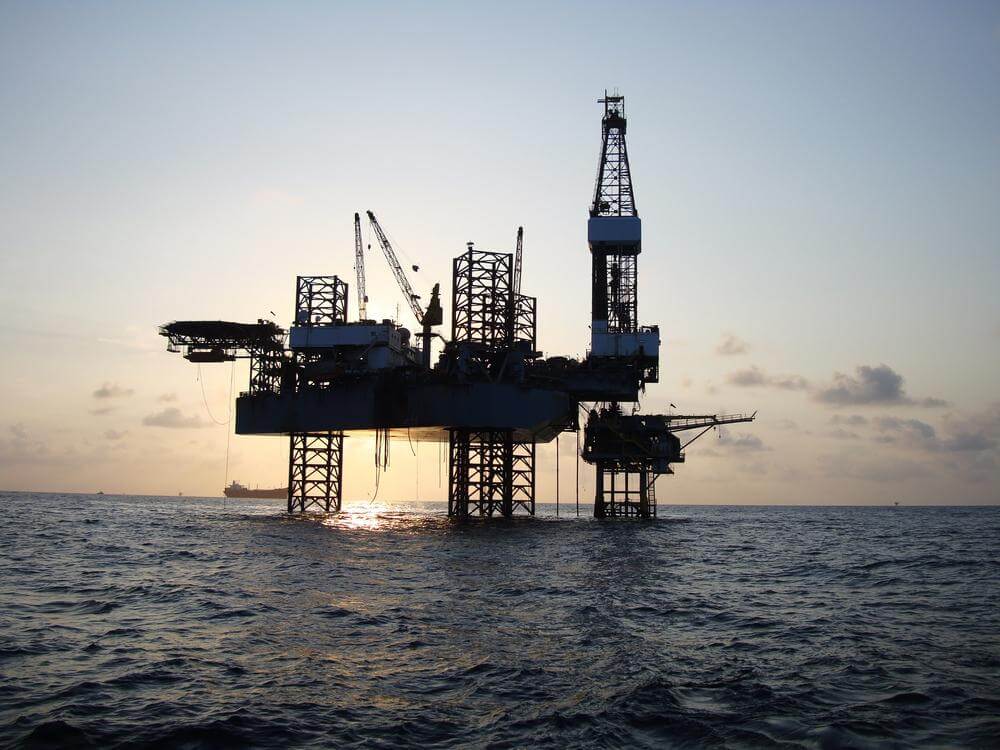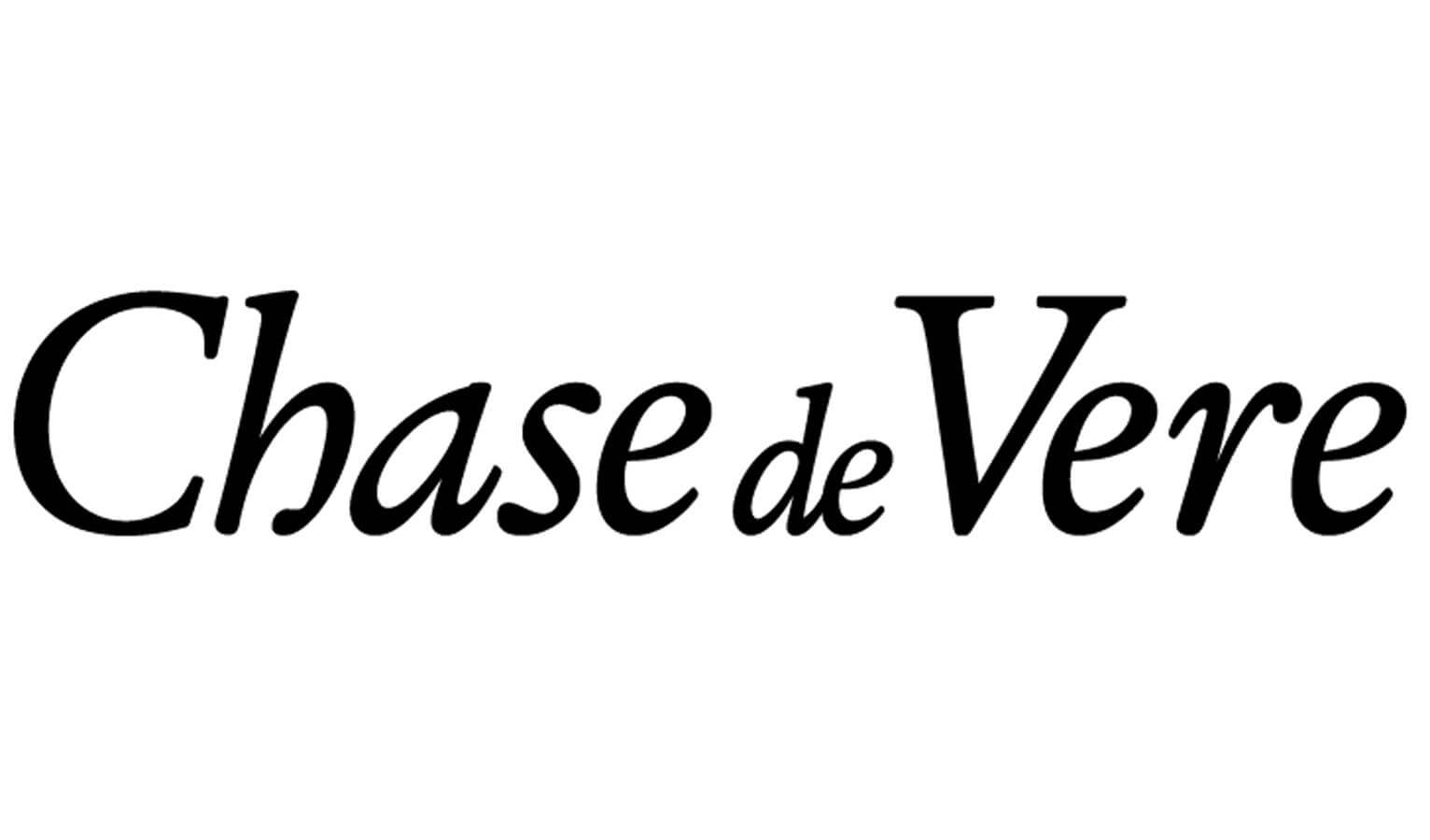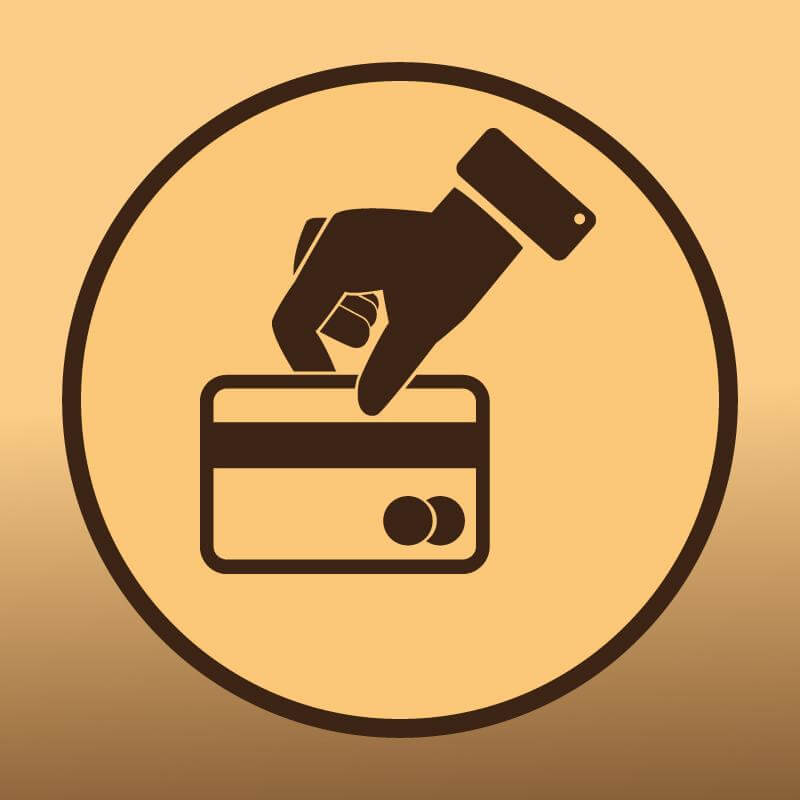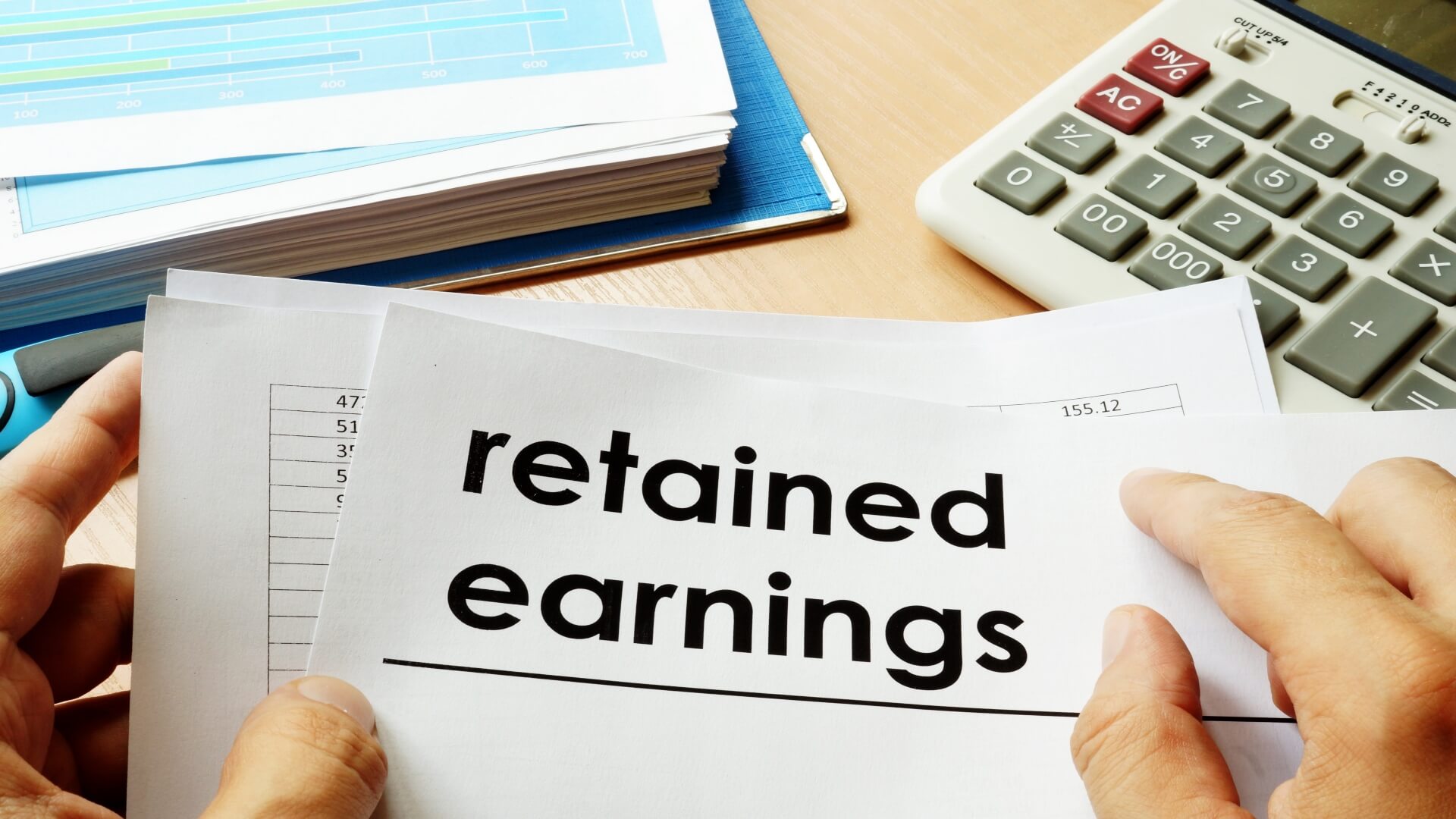Including measures taken against state-controlled Russian oil firms operating within key European markets, the measures will be introduced over the course of the week. They will not be introduced all at once today, Tuesday 9 September, as many had been predicting.
The staggered timeline for the ‘reversible’ sanctions is thought, in part at least, to give the peace process more time to be agreed.
Constant Denials
The measures have been introduced to tackle what the EU Council President Herman van Rompuy has said is:
“promoting a change of course in Russia’s actions destabilising eastern Ukraine”.
However, Putin’s Russia is still denying it is sponsoring the rebel actions. Despite accusations by the west, Russia is standing fire on its stance that it has not sent troops or equipment to the Ukraine border.
The sanctions are deliberately being kept vague to allow ceasefire talks to reach a conclusion, while van Rompuy explained that they can be reviewed and amended at any time, saying:
“Depending on the situation on the ground,
the EU stands ready to review the agreed sanctions in whole or in part,”
Russian Retaliation
Though the sanctions will have an impact on the oil sector, the gas sector is not affected.
However, the latest round of measures has seen Russia responded by saying it is considering retaliation. The country has warned that it could prevent international flights from operating within Russian airspace for example.
The Russian Prime Minister Dmitry Medvedev has also warned that there would be an ‘asymmetric’ response to further EU sanctions.
The latest sanctions are likely to have most of an effect on Rosneft. It last month asked the Kremlin for a £25.2bn ($42bn) loan. It also raises the majority of its finances on European markets.
However, with 90% of the EU’s supply of crude oil coming via Russia, the basis of the relationship is not affected by the latest measures.
Roadmap to Peace
According to the OSCE, there is a 12-point roadmap for peace. Of these points, there are a number which the organisation says are ‘essential’, including:
> An immediate bilateral ceasefire
> Freeing all hostages and illegal prisoners
> Monitoring the Ukrainian-Russian border
> Removal of illegal military materials from Ukrainian territory
At the moment the ceasefire does seem to be holding, but the brokering agent, the Organization for Security and Cooperation in Europe (OSCE), has said the situation remains ‘shaky’.



























